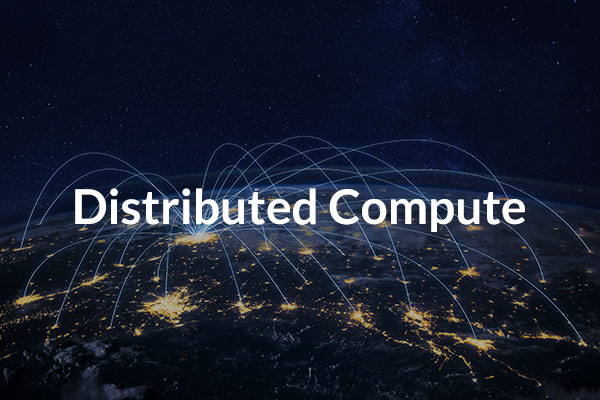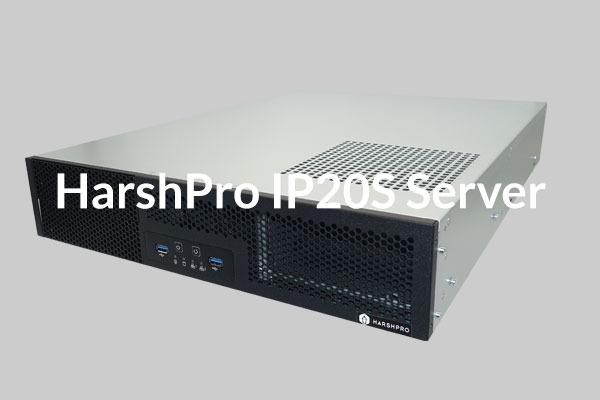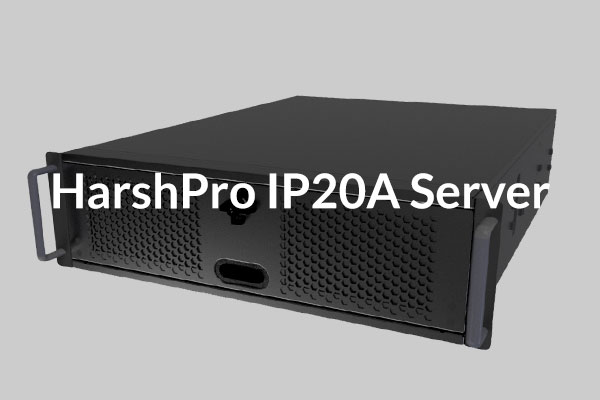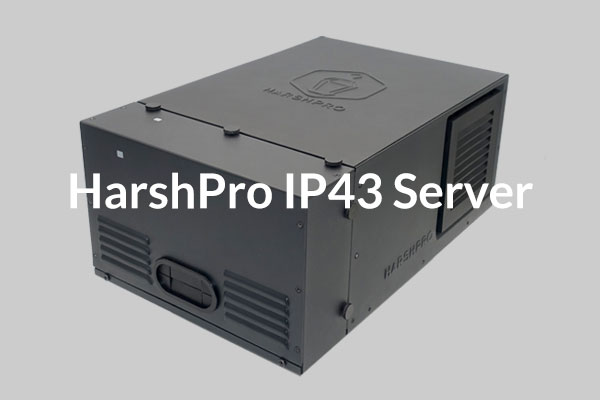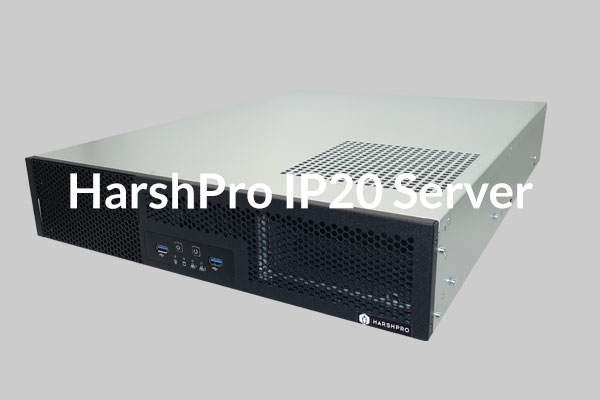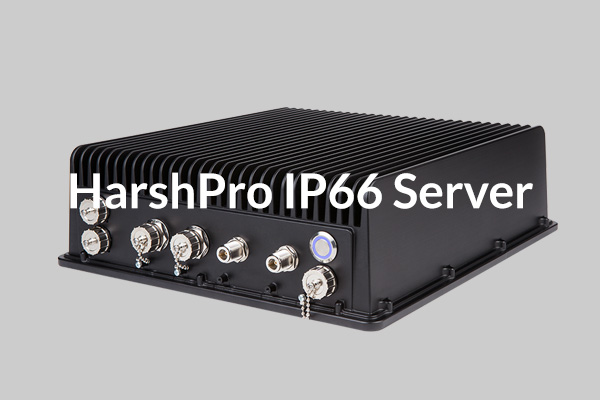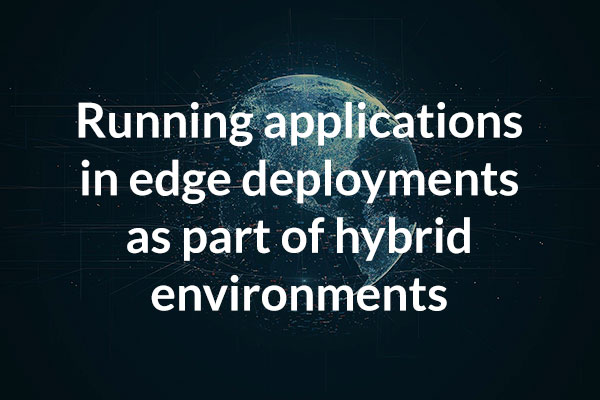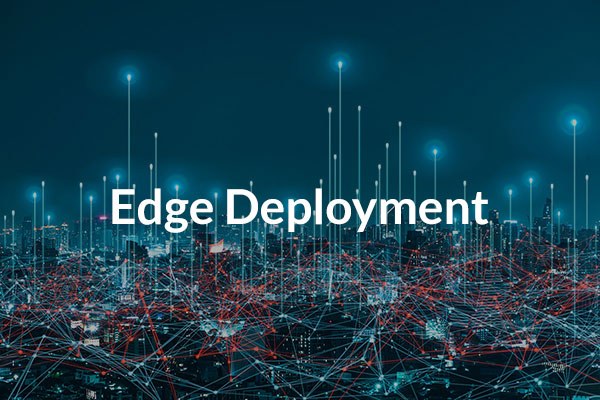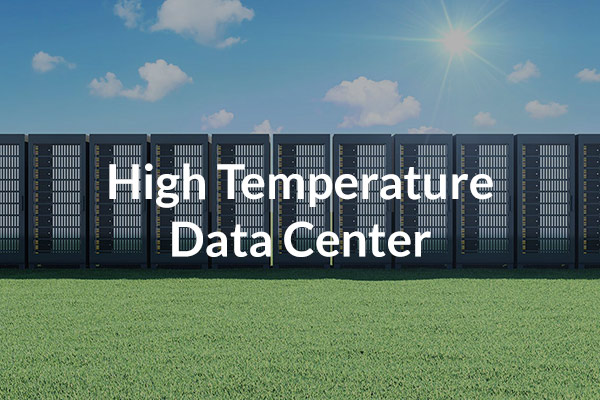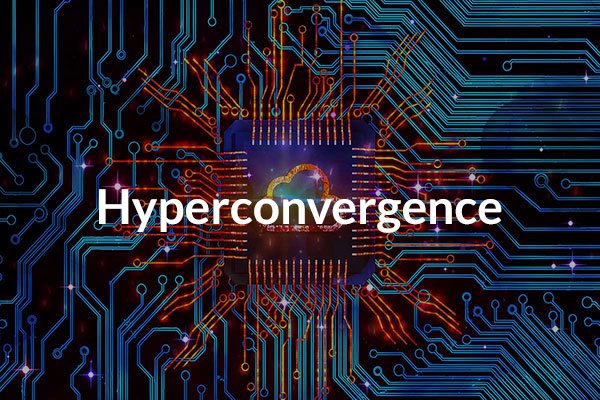Distributed Computing
What is distributed computing?
Distributed computing happens when multiple computers on a network run and work together like a single computer. This differs from centralized computing which takes place on a single machine. These systems can be spread out across the world and utilize different configurations of operating systems.
Advantages of distributed computing
Distributed systems allow for an easy way to scale up or down depending on the workload. More machines just needed to be added to the network if there is a high workload. This is much more efficient and reduces the downtime of having to replace a system with new software, or potential issues when upgrading a single machine.
The multiple computers on distributed systems allow for redundancy and create resiliency. Systems are not reliant on a single source – the multiple nodes in a distributed system allow the whole system to keep functioning even if some of the nodes fail.
The cost of repair or replacement of a single system in a distributed computing system is much cheaper than in centralized computing as multiple smaller machines are used instead of a single powerful source. There are also cost savings with the reduced downtime of a distributed system.
With nodes spread over a wide network in a distributed system, the nodes closer to the workload are able to respond to those needs with a shorter turnaround time.
Requirements for distributed computing servers
Servers for distributed computing need fast processor speeds to be the most efficient. Fast processors will decrease response time and CPU utilization while improving throughput.
Distributed computing system servers should be designed to work in clusters to harness the full benefits of the network, whether on the Edge or in remote locations.
Server solutions for distributed computing
HarshPro Servers are built for performance with Intel® Xeon® processor options, multiple memory configurations, and high-capacity, high speed NVMe SSDs, enabling distributed cloud functionality and application containerization wherever you need it.
HarshPro Servers are designed to work standalone or clustered in remote locations. The server supports functionality commonly used in data centers including automated provisioning and remote management.
The baseboard management controller (BMC) supports popular remote management technologies like IPMI, PXE, Redfish®, and KVM over IP which allows it to be fully administered remotely down to the BIOS level.
Click to learn more about our various servers:

